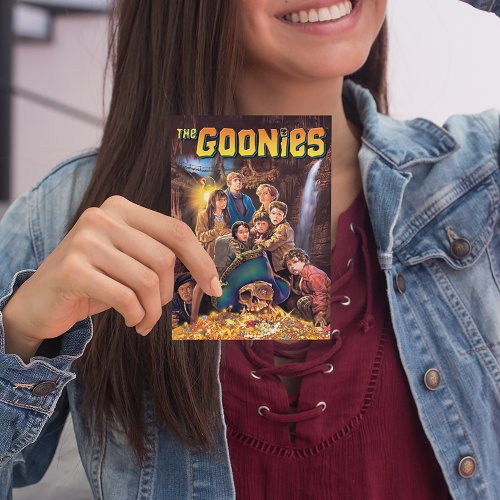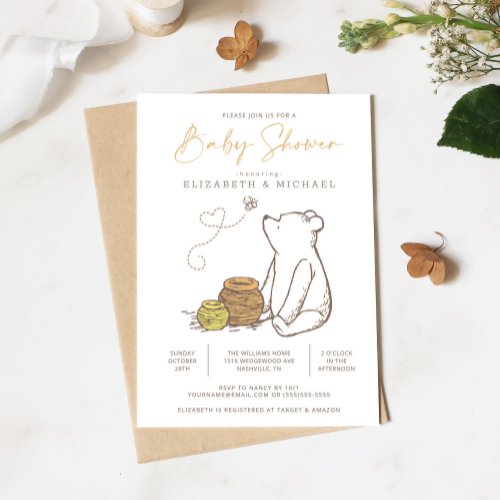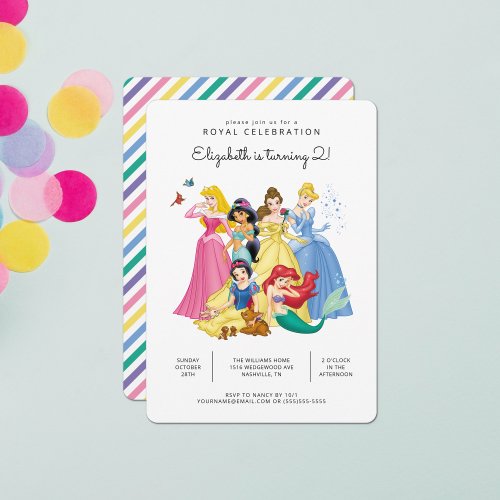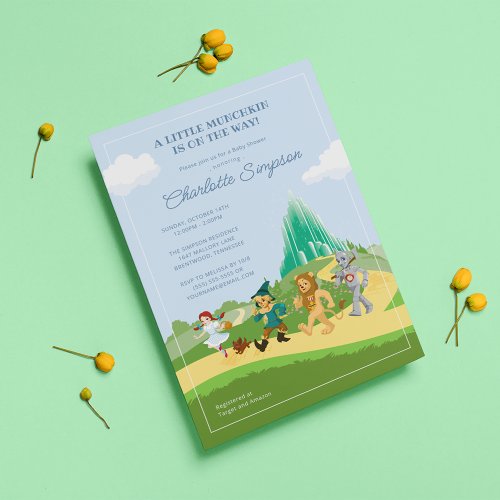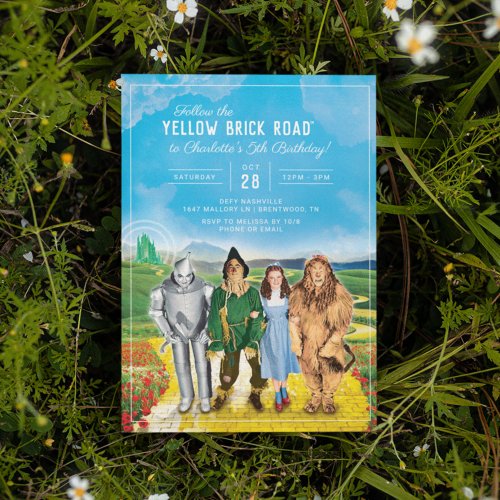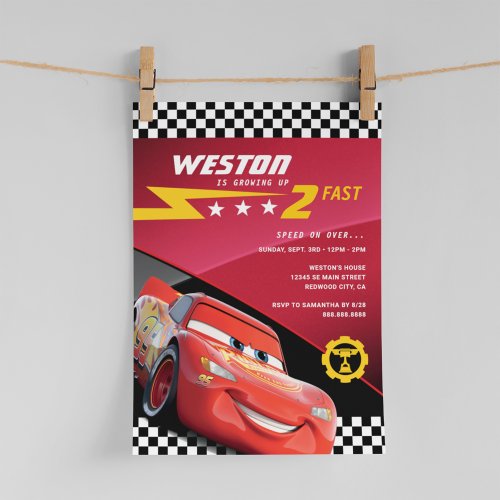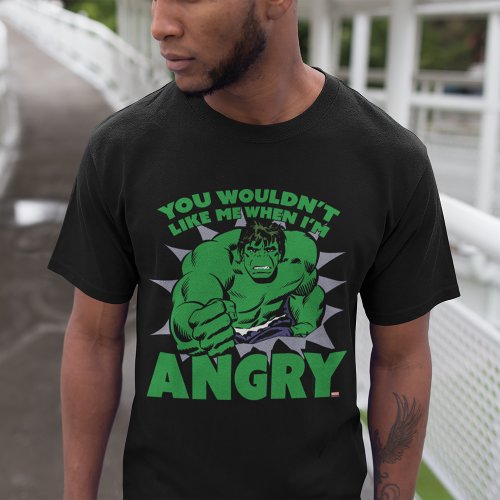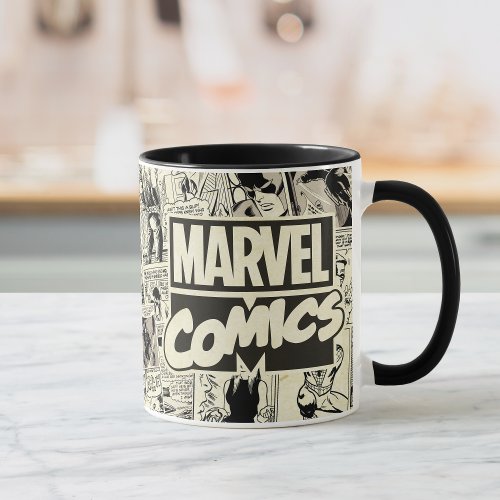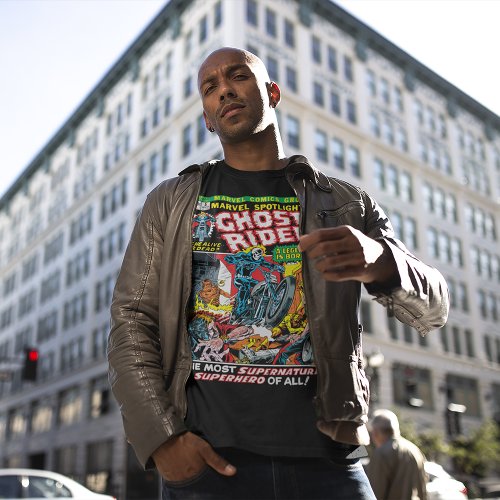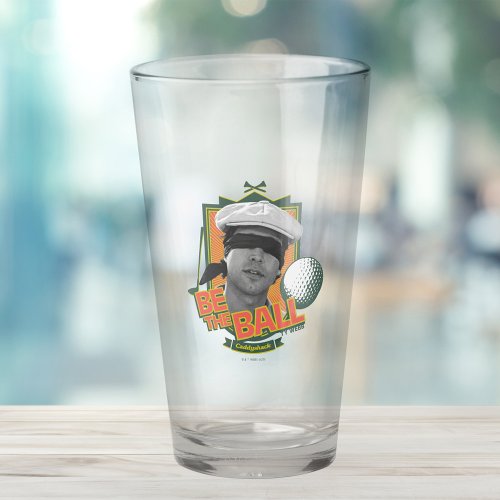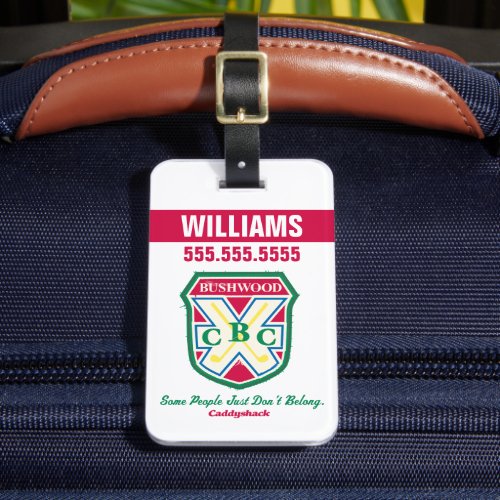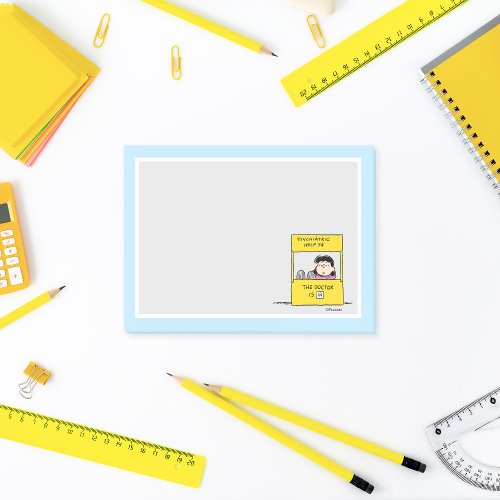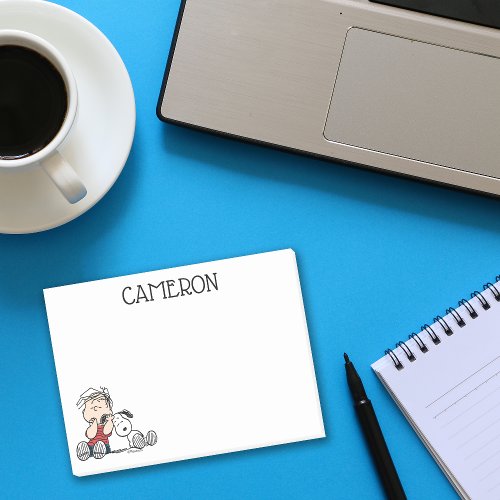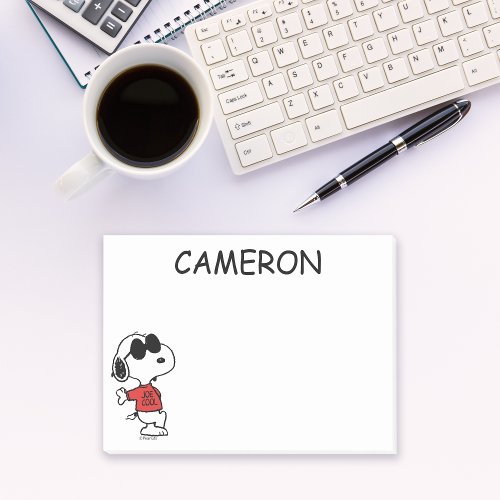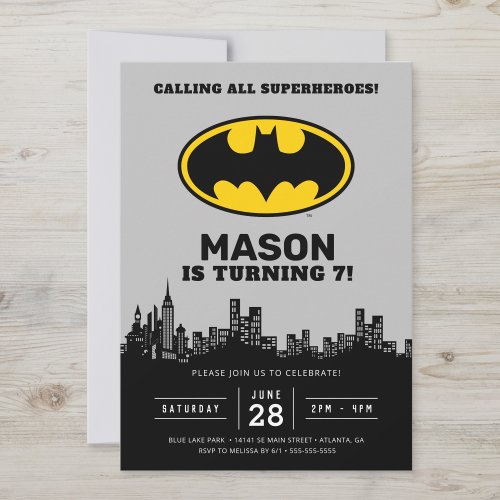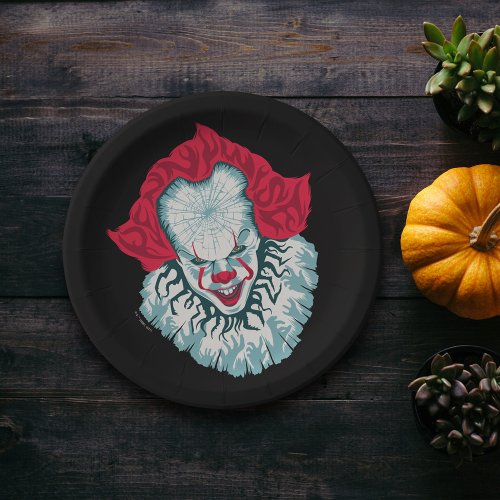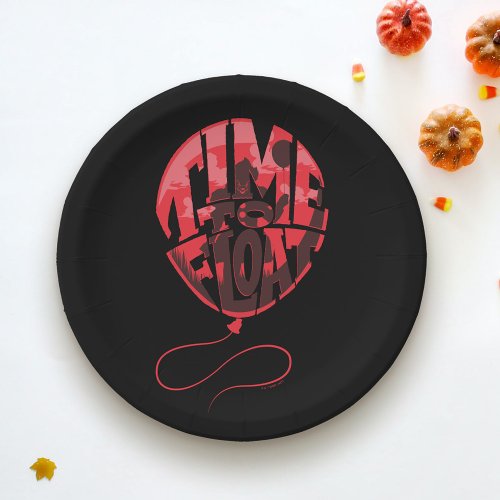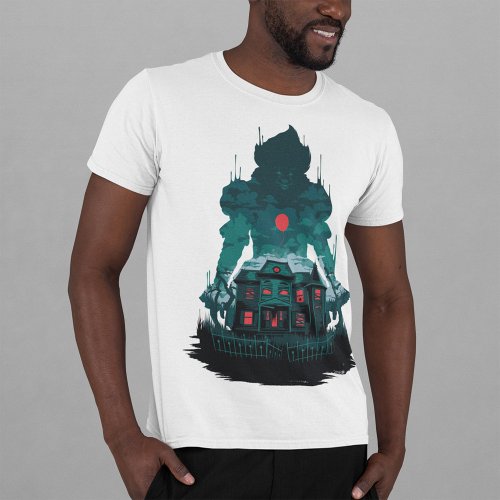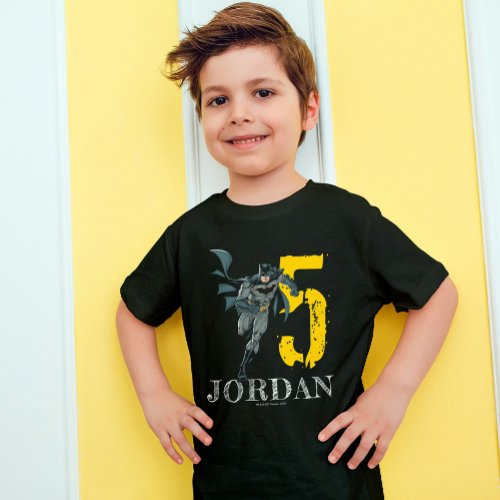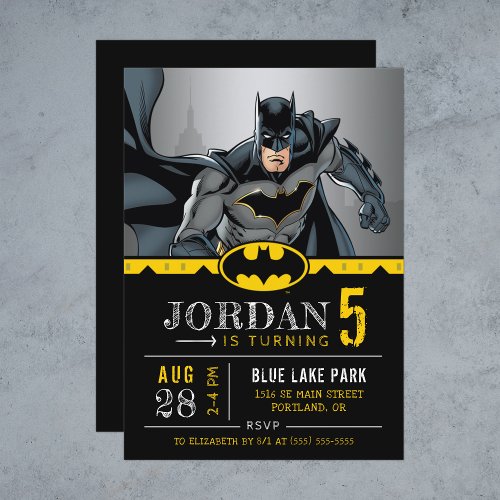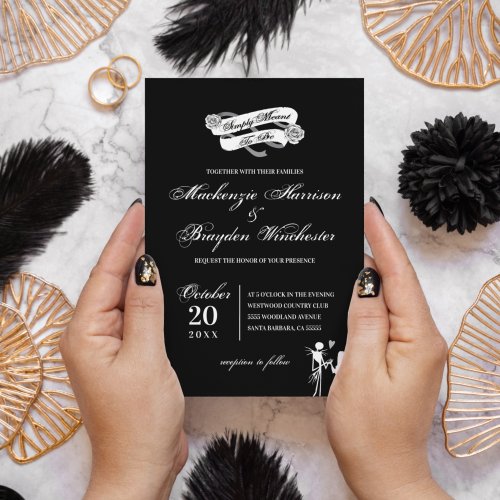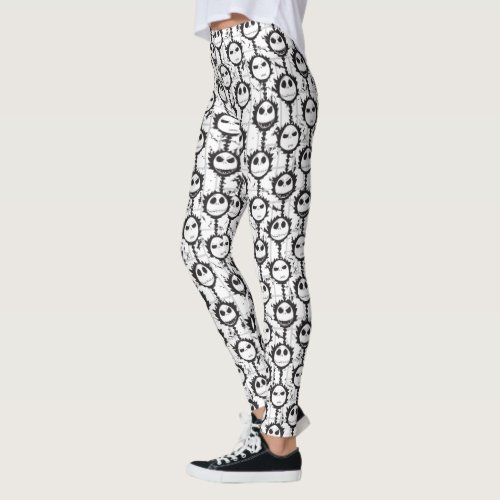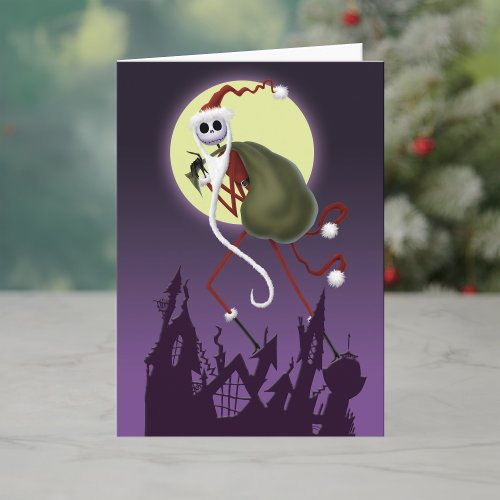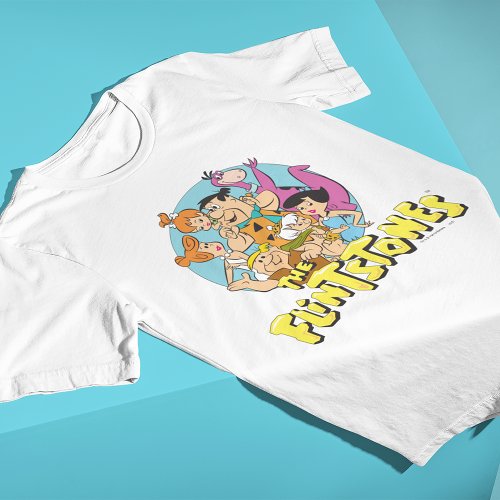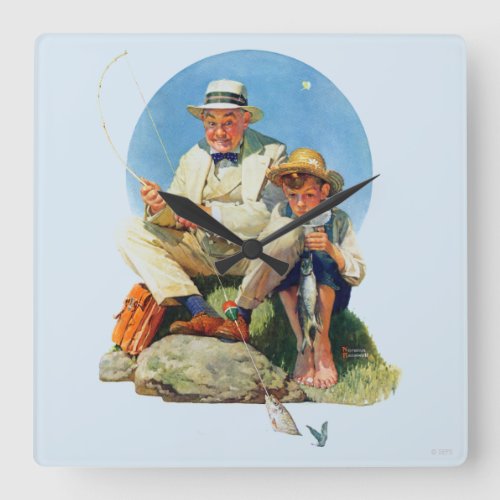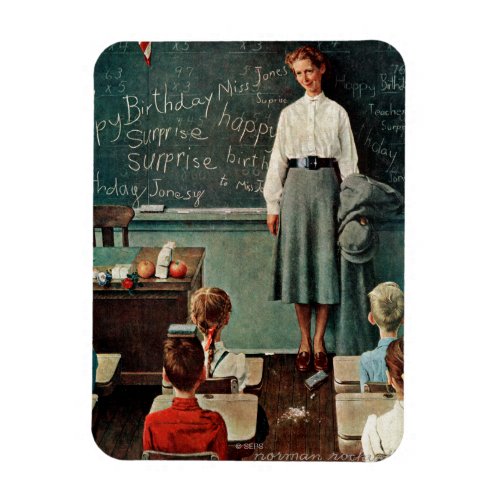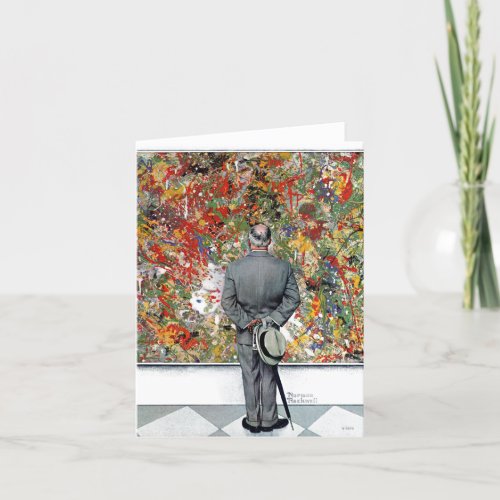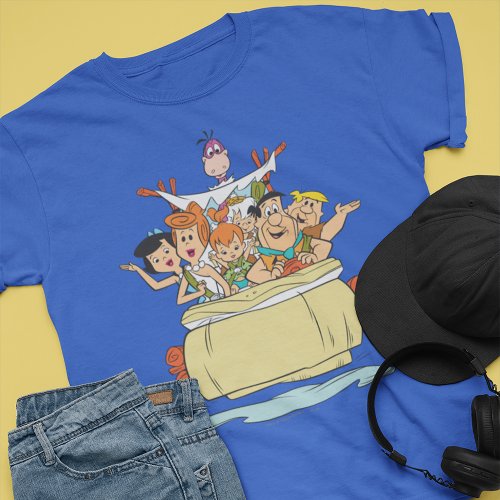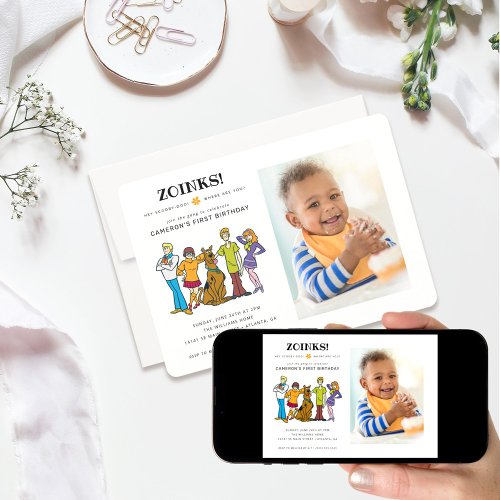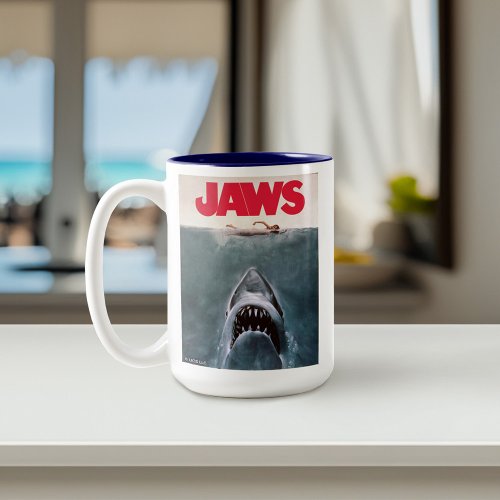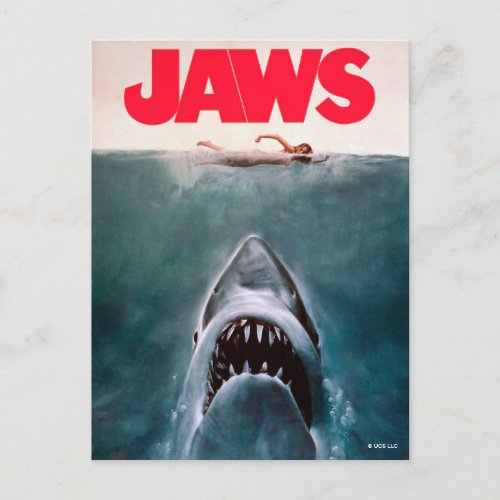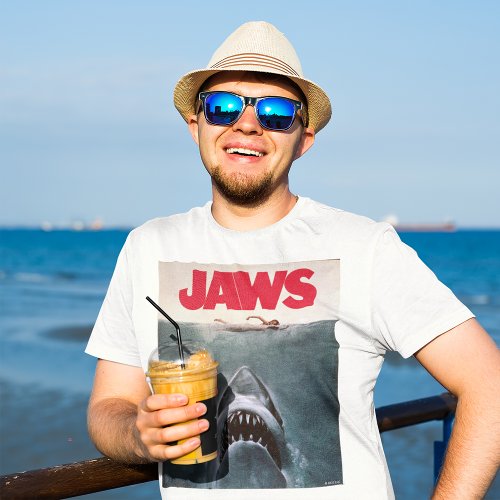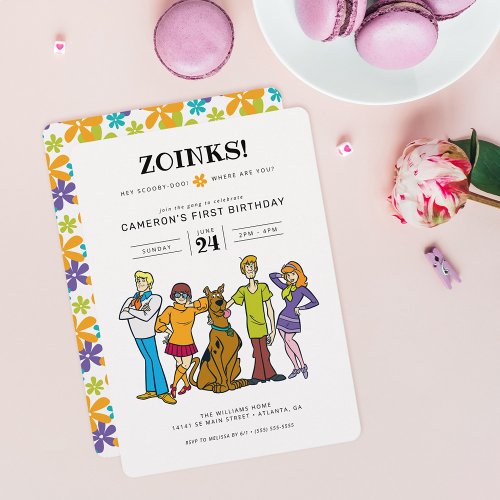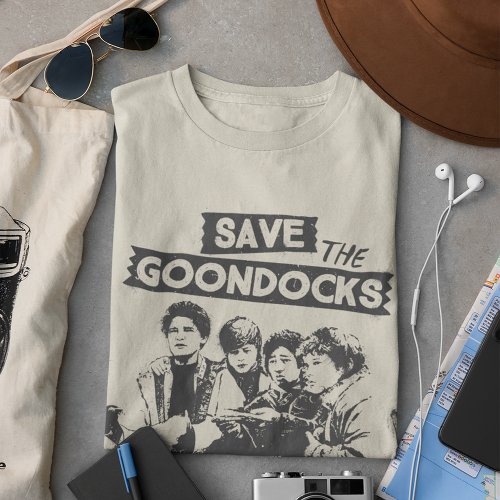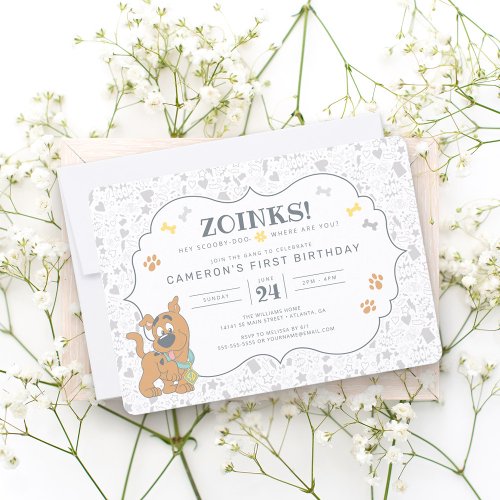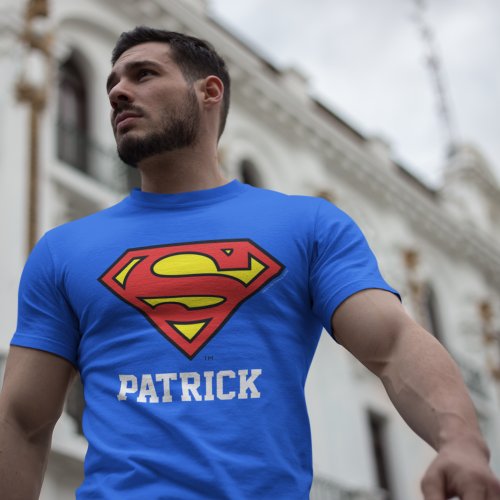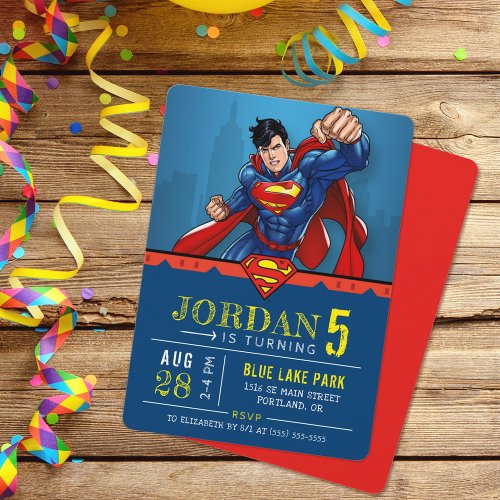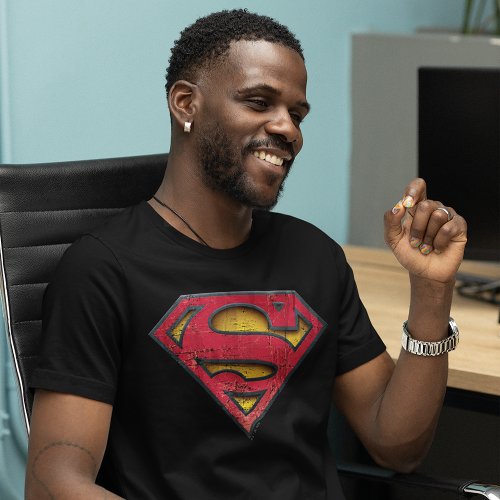I. Anthony Anderson (Key) and Elise Neal (Yvette)
What
was your previous music ability?
AA: My musical ability… I can play
a tune. I can play the piano … everybody can hear me. I
can carry a tune I sing a little I play a little piano and
that’s about it.
What attracted you to this film?
AA: What attracts me to this? The script
itself… um, the story that Craig wrote and the characters
– they were created and are so rich in texture that that is
what had attracted me to it. And the fact that it was a little
left of center of what I’ve been known to do. It came
at the exact time that I was switching reels in my career.
I was willing to set out and pass on films that weren’t
like “Hustle and Flow,” and until that came across
my desk … [I was looking for] something like that just
to switch reels and change up a little bit before I was type
cast as you know, the funny guy in films because Hollywood
can become so myopic in thinking and only see you as one way
and not give you that opportunity once you go down that road
so far. So that’s what attracted me to it.
And you Elise, what attracted you?
EN: When I first started my career, it was
just the opposite. I did a lot of dramatic roles, one right
after the other, and I couldn’t buy a sitcom audition,
and you know I’m sillier as a person than the choices
I was making at the time, and it was very hard for me to cross
over in any kind of way on television. Then after doing the
“Hughleys,” it was like “Oh you did movies
before?!” It is fickle that you always have to remind
them of your talent.
John [Singleton] definitely admitted this project to me- wanting
it to be true to the South. Being that I’m a Memphis
native… he was really adamant about me having some type
of part in this film. He was like, “I don’t know
what you want to do yet, but you got to be in this movie.”
And I had actually met Craig Brewer out at a Memphis film
festival … like four years ago, and he’s like,
“I’m a film writer and a director, and I really
would love to work with you one day.” And I remembered
that conversation we had when this came across my desk. But
it was a little more fun for me I think. I saw my family;
I hung out … with a lot of people I don’t really
get to see.AA: I knew it was a great script, and I knew that
if the images were jumping off the pages as I was reading
them -I could only imagine what they would look like once
we put it on film. And then working on the project, you know,
I knew we were doing great things. You know, we [members of
the cast] all know each other. I’ve known Terrence [Howard
who plays DJay] for 14 years. I’ve known Paula [Jai
Parker who plays Lexus] and Taraji [P. Henson who plays Shug]
16 and 17 years respectively. I’ve known Elise for a
few years now, so you know it was a group of friends getting
together and doing what we love to do and then the magic that
was happening between us on and off screen- we knew we were
doing something great. We knew that we were making a masterpiece
just in our world and it’s up to people like you and
the viewing public to receive it.
How would describe the relationship between Key and
Yevette [who are married in the movie]?
EN: This is a woman [Yevette] that was trying
to fight for her normalcy, and she just wanted her husband,
and she wanted her life. She wanted to go to work and she
wanted to cook at home and tell stories, and that was fine
for her. But, when she realized that it wasn’t enough
for her husband, the choices she had to make to continue the
relationship and make it grow and make it prosper … That was really my approach to it.
Did you see Anthony’s character, Key, letting
you down as a husband, to pursue his dream [to be a big-time
producer] along with DJay’s [to make it as a rapper]?
EN: I didn’t look at it like that.
I looked at it like he wants to work and I want to work. I
just think that she was fine with what they had, and I think
a lot of times in relationships you think you’re happy,
and you think that your partner is happy. And when I realize
that he’s not I have to make a choice.
AA: I [Key] was a dreamer, and I felt that
I had sold her [Yevette] on my dream early in our relationship.
Even when sitting in the parking lot talking to DJay, it was
like, “ You man, I told my wife I’m gonna own
my own recording studio and be this big time producer, but
now I feel like im just paying the rent.”
There’s nothing worse than a dream deferred. She [Yvette]
always supported me and walked side by side with me. She believed
in that dream, and she was holding on to it just as hard as
I was. That’s how I approached it.
Does this in any way relate to you relationship with
your longtime girlfriend?
AA: She don’t give a damn about what
I do. [Laughs.] She was with me when we were 18- so she was
there in the lean times so she knows what it was like to move
in with me and my family after we finished college and all
of that. I humanized him [Key] … I pulled from my own
life.
I once had a dream; I still have a dream. I’m making
that dream a reality right now standing before you guys, that’s
what I was able to pull from, that’s what he was. He
was a little bit of Anthony Anderson in his relationship.
How did it feel to be back at home filming for this
movie?
EN: The first few locations in the first few frames, Lamar
Avenue and …. I start crying. It’s like I walk
on those streets, and I understand them in a way that I don’t
think anyone else in the film ever will. I can not wait for
the Memphis premiere-It’s gonna be so amazing for that
whole community that never experienced anything like that.
And I was talking about this yesterday- we were shooting in
this area … it’s such a poor neighborhood …and
these people were so welcoming to the cast. They really don’t
have much of anything and one of the neighbors was like, “Can
I cook for you guys, I can make you some greens and potatoes.”
And that’s where I grew up with the southern hospitality
and that’s why I think the world can relate to these
characters. We actually sat inside of their small living rooms
and ate with them. And I felt that that was really great.
But, that’s also to me what this movie means and is
about. And that everybody has hopes and dreams and wants more
and wants to be appreciated.
Anthony, what’s it like to be working with Martin
Scorsese [on his new film, “The Departed]?
AA: Well, working with Scorsese is a dream
come true. Just how he commands a set. The character himself
is just a cop, a top cop just trying to help find this mole
that’s in the police department. It’s fun. We
are having a lot of fun doing it. It’s a nice ride right
now.
Anthony, when did you decide to get serious about
acting?
AA: I’ve always been serious about
the craft. It could have been that I’ve never thought
this way as an actor before going through this process on
“Hustle and flow.” The last six and a half years,
I’ve done 26 films, 24 of them have all been comedic.
So in doing “Hustle and Flow,” I never really
had to think about a character or create one until this film.
For the most part, it’s been, “Okay Anthony, be
funny, just go do what you do…” I’ve trained
for this since I was 9-years-old. I’m classically trained
in Shakespeare and other things but you would never know that
because I was never given that opportunity, and that’s
why I jumped at the chance to do “Hustle and Flow.”
Did you have a chance to be funny when the cameras
weren’t rolling?
AA: I’m a fool! This is who I am! Comedy
is what I do in my sleep. It’s my nature!
EN: We worked pretty hard. We didn’t
have time to crack jokes. We filmed the film in 26, 24 hour
days working 6 day weeks.
II. Taryn Manning (Nola),
Taraji P. Henson (Shug) [two of DJay’s supporting “hoes”]
and DJ Qualls (Shelby)
DJ, you’re from Tennessee. How did you feel about doing
a movie in the South?
DJQ: I think we’re all desperate. You see the South
actually how it is and not some mythological “Gone with
the Wind” place, so that’s why I wanted to do
this movie. There’s a tremendous amount of misunderstanding
of the South … And that seems to be sort of the perpetual
thing – white people in movies about the South are always
the buffoon or the racist.
Taraji, are you also singer [she makes her singing debut in
this role]?
TPH: I don’t do it professionally, but it’s something
I can do. I went to college and I studied musical theater
and acting, so it’s something I enjoy, but it’s
not a first passion of mine.
Taryn, we hear you have an album coming out? Is music your
first passion?
TM: My dad was a musician, and I traveled around with him
as a kid. So its kind of something I know. Acting is fun,
and I love it but what makes me feel most alive is when I’m
playing guitar and singing. I don’t mind keeping music
and acting separate.
DJ, what’s your musical background and how did you prepare
for this role?
DJQ: I spent a week in the studio with Al Capone, a local
Memphis rapper, learning how to operate the machines and learning
how beats are made. That’s how kids all across America
are making hip-hop like in their basements with these little
machines that they buy, and they just make beats and little
hooks and somebody writes some flow and you got a song.
There are a lot of different relationships between DJay and
his women…
TM: My [relationship with DJay] is one of a sisterly, brotherly,
maybe even like a guardian type thing. Yeah he’s like
my pimp, but there’s definitely no sexual tie between
him and I, which is kind of rare for that kind of relationship,
usually at some point there is sex or something, and that’s
kind of what I liked about our relationship, like it was very
pure. I completely hung on to him and looked up to his every
word, kind of whatever he said was the truth, and so you see
that by the end, her evolution, at the radio station pretty
much reciting his monologue that he told her because she was
kind of like a sponge sucking it all in from him. But when
he pushes it too far, she feels comfortable to you know, to
… tell him what she feels and just stop taking advantage
of her because she does have a lot of integrity.
Did you add-lib at all?
DJQ: No, we didn’t have to. Actors don’t come
up with stuff like that. The script was like poetry.
III. Paula
Jai Parker (Lexus- the hater of DJay’s “hoes”)
Paula, what attracted you to “Hustle and Flow?” Why did you choose to do this movie?
PJP: Well I don’t have luxury to pick and choose yet
in my career, I’m apparently getting to that point,
but I basically take my roles, what im blessed to get. I just
finished a movie called “Animal;” I’m playing
a mother and a wife. After that, I did “Speakerboxx”
which is starring Outkast. It’s a period piece, set
in the 40s.
If you notice I’ve done a few hoochies [Laughs]. But
none of them are the same. If I’m going to do an urban
woman, I don’t want this urban woman to be like that
urban woman, the urban woman from “Friday” is
not the same as the woman in this last project “Hustle
and Flow.” So I do like to keep adjusting, keep growing,
even though it may seem like the same type of person, it’s
never that same woman.
How did you prepare for the role?
PJP: While doing hustle and flow I listened to a lot of old
school music, music where you can actually learn something
from the music while you’re enjoying it a lot of those
songs helped me find Lexus, who she was, where she was from.
If you want to know who Lexus is, I do suggest you listen
to the Spinners, because that was what I was listening to
from the beginning of the film to the end. I also pulled from
experience of the character. I also pulled from the region;
I was able to use a Memphis accent with Lexus, so off the
bat it made her a different person.
Lexus is almost a bad guy in the movie… With DJay, she’s
kind of keeping him down.
PJP: I don’t think Lexus is that bad. She’s a
prostitute who wants to prostitute. He’s a pimp who
wants to rap. Who’s the crazy one, you know? [Laughs.]
In Lexus’ world, he’s the villain; he’s
the one that didn’t stay true to his word … I
find it so wonderful that Craig has written this script and
made this anti-hero, a world that people look at Lexus like
a villain. And she’s the one going out in the street,
in the cold with a baby. And everybody’s looking at
her like “That’s what you get, you naughty lady.
Next time you’ll talk to your pimp with some sense,
won’t you.” And I love that about this movie,
and I was so excited to take this role because it’s
so complex and so deep.
I was afraid at first because Lexus doesn’t have an
ark. And Craig says, “It’s because I didn’t
want Lexus to have an ark. I wanted the world to see that
she doesn’t change. … And right then and there,
I knew that this man knew what he was doing. I’m just
gonna put myself in your hands and trust.
In developing the character, did you speak to a pimp and/or
whore?
PJP: Well, actually yes. John Singleton put me through a stripping
class. I was attached to a stripper coach/ prostitute. And
my greatest lesson was watching her pimp beat her. John had
it worked out so that each day would be a little harder for
me with the stripping classes. I started off wearing shorts
and my tee shirt. The next day, I had to wear the appropriate
attire, and the next I had to take something off. …
My major test was amateur night at happy hour. The better
I got, the madder her [the stripper coach] pimp got because
I was literally taking money out his pocket and not paying
her what she should have been paid. I don’t understand
the mentality…
DJay and I get pretty physical. [But seeing my stripper coach
get beaten], it let me know that this is real. But you know
this woman is living this. She’s driving a Mercedes,
she’s got a beautiful body; she’s the hottest
stripper in Memphis, which is the reason why she’s my
coach. And at the end of the day, she’s getting beat
and humiliated- just because.
It must be hard to let that go.
PJP: You don’t. I still got “Phonebooth”
issues. I still have “Friday” issue. You don’t
[let go]. And I’ve heard that so many phenomenal actors
commit themselves. … The mind can’t distinguish
between what’s reality and what’s false. My mind
doesn’t know I wasn’t getting beat and kicked
out of the house. So it still affects you. So that’s
why I’m still like, “Lexus wasn’t the bad
guy!” … But I’m glad I’m portraying
roles that show little girls the pitfalls of selling your
body. Lexus could have found a way out. … I don’t
want them to think that pole dancing the answer. And if it
is, I want to know the question. Because for me doing it,
I was humiliated. The work was hard and then to have strangers
touch you for a dollar. I don’t want little girls going
into it like it’s cute.
IV: Craig Brewer (writer/director) and John Singleton (producer)
John, how did you first meet Craig?
JS: I met Craig through Stephanie Allain who actually helped
me get “Boyz n the Hood” made.
What made you want to greenlight the movie?
JS: The power of the script. The first thing I ever said to
him [Craig] was he did what they always said to do in film
school, the cheapest way to make a movie is to write it, and
when you read the script you should never want to put that
script down… That’s what the “Hustle and
Flow” script was. It called out to be a movie; the movie
was right there. I was just like, “I gotta work on this.”
How was it working together?
JS: My big thing was to try to stay energetic and stay out
of Craig’s way, he had such a vision not only about
the way it looked, but about the way he wanted it and every
aspect of this movie. Craig knew exactly what he wanted. It’s
a trip but I felt happy just to be there and my big thing
was I kept telling him that if we are gonna spend the money,
I want to make sure you don’t make the same mistakes
I made on my first couple of films. But, he already knows
and I’m reiterating, like “Do u got this? ‘Yeah
I got it.’ Do you know this? ‘Yes I know it.’”
How was it working with John?
CB: It was invaluable because I had made a movie just starting
in digital video. It was a feature movie that was made for
just 20 grand. It was a group too, and I was holding a camera,
so if I wanted to move up five feet or get a close up on somebody-
you just moved the camera, but it’s not that easy with
a big crew with all the cameras and everything. John would
just teach me little tricks like how to get to the meat of
your scene. Like if suddenly there’s rain, and you’re
knocked out, do you have enough in the scene to cut it? Should
that be all you have? You don’t want to spend half the
afternoon lighting it up and then suddenly you don’t
have room for the scene … In terms of making a production
of this size… it was incredibly small compared to the
movies that are out there. But still even though this movie
was between a two or three million budget, it was two or there
more million than I have ever worked with, so it was a new
experience. He was on the set everyday with me almost like
a co-director. He was definitely at the video assist and every
once in a while, I’d hear him snicker or laugh or go
“Yeah!” Or something like that.
JS: It was fun to just watch. I mean this was the first time
ever I just watched a movie being made.
Did you ever think it was going to be so hard to get this
movie made?
JS: Never. Because I was really just an admirer of his vision
and liked reading the script and then you saw “The Poor
Hungry” … and it’s like “This guy
should have been doing movies.” So, for me it was more
like a mission, and I was so cavalier. I was like, “Yeah
man, I’ll get your movie man. I’m gonna go in
there and tell these people they need to make this movie.” … I know all the executives in Hollywood, and they still
turned us away. So we were like rejected.
Was there every a point when you thought it was never going
to happen?
CB: So I got this call, and I thought I was getting my walking
papers from John. And John called me up and he’s all
like bawling about how we’ve been everywhere, we’ve
done the best we can, and I’m thinking- so here’s
the moment where we part. And he’s like “I’m
gonna greenlight this myself.” I was like, “Really?”
And he’s like, “Yep, I’m gonna put the money
up myself and make the movie.” I really couldn’t
believe it.JS: It felt like this tremendous weight being lifted
off of our shoulders because it’s like “Okay we’re
gonna do it ourselves.” And once I said I was gonna
put the money and we were gonna do it ourselves, that’s
when … we felt good about it. And the interesting part
about it is that as we were in the process, from taking Terrence
down, from making the music, and starting to spend the money
and focus … That’s when the studio was like, “Hey,
let me come down.” Paramount and everybody. As we were
shooting it, they [the studios] were asking me and telling
me they were gonna give me money. But I was like, “No,
we’re doing it on our own.”CB: John was at the
studio, all the actors were on the east of the Mississippi;
Hollywood could have been on Pluto. We never thought at all
about Hollywood. We just wanted to make the movie, and you’ll
see that the cast is very close, because they went through
great sacrifices to just be available for the movie. I think
that they just went through great emotional sacrifice because
I was new and I had to really protect my region and I had
to protect these characters, and it wasn’t going to
be as easy and showing up and standing there and saying lines.
I had to work outside of people’s comfort zones a little
bit and for a while, Terrence and I were like two wolves just
growling at each other. We were just trying to psych each
other out for a while. He was afraid I was going to be making
something we’ve seen before with the “pageantry”
of pimps and all that. I was just as scared, and I wanted
to make sure that he wasn’t going to do that and that
we were going to create a really authentic Memphis character.
And suddenly, I think we both grabbed on, and it was like
“Oh wait a minute, we’re going after the same
thing, and that’s when we really began to create this
character.”
It’s a very strange place because if you’re from
Memphis, and you kind of rolled in the same circles I did,
you find that Memphis is kind of like a small town in America
and everybody’s like one degree away from everybody,
you’re not 6 degrees away from everybody. So in order
for me to make a movie in my region with no money, I really
had to hustle. I mean I knew car thieves and chop shop owners
and bouncers that shake joints and dancers that I would have
come in and be in my movies. I wanted to make art. I wanted
to make a story and I kind of began rolling with a lot of
these people and what I found was that yeah I did know a lot
of “DJay’s” and I did know a lot of “Lexus”
that I knew personally – where its like they have five years
left, they were just starting to lose their tread and they
were mad. And so Lexus was a character that I knew that girl.
But I also knew Nola’s and Shug’s. And I knew Nola’s, because
I almost wanna give them a hug and just go “Oh honey”
because they are kind of like these naïve country girls
that run away from home and they come to the big city of Memphis
and they get under the thumb of some guy who just has a great
way of talking and makes you feel incredible.
I’m not writing from a place of progress with this movie,
these are some deplorable, pathetic…these are not self-possessed
women or men. But I wanted to give them a journey where they
discovered dignity. Where they find that it’s okay that
they have their own voice.
So yeah, I knew these characters, but when they come over
to my house, and we have a drink there is no judgment there.
I can really see them as people that I know because they have
helped me and we’ve known each other for a long time,
and I think that’s kind of the difficult places that
audiences sometimes find themselves in “Hustle and Flow.”
I don’t really judge DJay, and there’s times when
you think you are really feeling him and there are times when
he does things that absolutely enrage you. You just thought
you were getting a beat on this guy- you liked this guy, why
is he throwing this woman out with a baby? Well, because I
see that. And what happens is three weeks later, I talk to
that guy and maybe a couple of months later it’s just
that event that I saw that I don’t agree with, it’s
not that im over it. So I think that it’s that spirit
of my city that ultimately educated me into making “Hustle
and Flow.” There seems to be a very 70s element to this
movie…
CB: We chose a 70s kind of feel to the movie because we are
both big fans of it and it was the last great period in the
American film making. Those movies [70s] have a certain vibe
that come into my region with the “Shaft” soundtrack,
tough guys. You walk down Memphis, and it’s kind of
like you’re in a Blacksploitation movie. You see the
guys with the pressed hair, the men with the curls in their
hair, you see the guys on the porches; it’s very real.
JS: And so much hype is being given to “Hustle and Flow”
that some people are actually starting to copy it – when before
people would tell us, “oh the script is great, we love
it, but we can’t get this made.” They wanted a
rapper and not an actor.
CB: And they said that this movie definitely wasn’t
going to play with women, and that this movie was really specifically
for an urban market so when you learn a lot about Hollywood,
you learn a lot that there are already predominantly African-
American casts with avenues that they think they can make
money on and that’s why they were saying like a Chris
Tucker to play somebody like DJay so we could laugh at him,
instead of identify with him. That broke my heart in Hollywood.
They were telling me a cautionary tale about a disaster in
Louisiana; a 40 million dollar movie financed outside of the
studio- a movie about Ray Charles. “No one is going
to distribute that movie, or buy that movie; it’s a
disaster.”
JS: It’s amazing that that movie had a hard time getting
into the system, and getting a distributor and being distributed
universally. It became a hit and a won an Oscar. And then
they look to “Ray” as potential marketing success
to “Hustle and Flow.” Which is interesting …
I’m definitely going to make films outside, it’s
a whole new game now.
V. Terrence Howard (DJay) and Stephanie Allain (producer)
You’ve been making movies for a long time, and this
is sort of the first time discovering you. The first time
someone is saying, “This guy’s a really good actor.”
TH: I think a basketball player knows he’s a good basketball
player before he’s in the NBA. I’m not really
aware of people being aware of me beyond you guys telling
me. The only thing that matters… the worst mistake I
ever made was trying to do things to please the audience.
When I stopped doing that and started doing what felt natural
and what feels good to me, so I started pleasing myself and
I started to get good. So I appreciate that people like what
im doing.
“Crash” and this role- are so completely different.
And there’s the role in you had in “Ray.”
Is there a conscience decision on your part, so that you won’t
be pigeonholed?
TH: Most of the decisions I make in regards to taking roles,
I just look for something that’s challenging. Something
that I think I can’t accomplish. “Hustle and Flow,”
I didn’t think I could accomplish. I think I could pull
off the rapping, the pimping, I didn’t think I could
pull of half the things I thought that were necessary…
And Laurence Fishburne, took me to Beverly Hot Springs and
made me get naked in the damn water around all these men,
which was uncomfortable. Then he slid over next to me, put
his arm around me- now I’m really uncomfortable [laughs].
And he’s not gay; he’s just really creative, and
he looked at me and said, “You know you’re gonna
have to take one of these movies under your own wing, and
it can’t be easy.” And, I said, “Okay.”
And that’s when I said I was going to do this movie.
It was time to step into something more and try something
deeper than what you think you can do.
You went to Pratt for Chemical Engineering- why did you decide
to stop that and try acting?
TH: I am an engineer [corrected later- he is three credits
short of his degree]. One thing that I think is important
and necessary is that you learn things as you go along. One
day, I’ll go and get my masters in physics. But right
now, I got deviated into this artistic world. I’m so
appreciative that I got this opportunity. I feel like the
“Alchemist.”
Did you ever think you would drop out of this and go back?
TH: My thing is that I just want to be a scientist. People
like Craig Brewer saw me as something more.
Was there a time when with all the obstacles, people just
couldn’t do it anymore?
SA: There were a couple of times when Craig called to say
he couldn’t do it anymore. Terrence called to say he
couldn’t do it anymore. And I was still just being the
beacon of hope. Ultimately, I think I knew deep down that
we were going to get the movie made. It’s like a child.
You’ll do anything to protect that child.
How did you first meet Craig?
SA: I read his script, and just fell in love. And then I saw
his film, and then I really fell in love. And then I called
him up, and begged him to let me produce the movie.
You put up your house?
SA: Yes, I even put up my house. But you know what, it was
worth it. Freeing myself of those material things, allowed
me the freedom to stay the course. … The reason I did
it, the movie is about trusting your creative instincts, and
how it can change your life if you do. And I feel like we
all went through that process in the making of the movie,
and that’s why we’re here today.
Can you talk a little bit about the state of black film? And
why it took forever to get the financing?
SA: Because the people in power at the studios are not on
the forefront. It’s the artists that are on the forefront.
It’s hard for them to see something totally new and
get the uniqueness. So this movie, which thank God, we didn’t
get it made in the studio system, it would not be the same
movie it is today. It would have been a rapper playing the
role [of DJay]. They begged us to lose Terrence and come up
with a list of music artists that should play DJay. It just
would have been different. Being forced to go outside the
studio system has been a blessing for us.
So Terrence, did this open up your rap career opportunities?
TH: No, it was a wrap when they yelled “wrap”
on August 4 [2004].
SA: But it will live on, on the soundtrack.“Crash”
and “Hustle and Flow”-
How did it have any affect
on you, the contrast from the one to the other?
TH: I had this accent with DJay for four months. And I couldn’t
talk without talking like him. But the moment they yelled
“Wrap!” I went to North Carolina, and started
“My Life in Idlewild” [a HBO/Outkast project].
It’s funny; it’s like that. You just drop a character.
… You go a little crazy, and you can’t help it.
You’re able to drop something and move on, drop something
and move on. And it’s like a dream. And maybe you might
have a dejavu moment, of something you “dreamed”
earlier. So that’s what dropping out of “Crash”
was, and moving into “Hustle and Flow.”
And you’re continuing your relationship with John. How
different is it working with him in “Four Brothers.”
TH: In “Four Brothers,” he was a director. In
this movie he was a producer. In “Four Brothers,”
John started directing in that old style- “hit your
line, don’t add-lib.” And that’s not me.
I add-lib. I’ve got to bring my own into it. So that
was difficult. Even though I love him and respect him as producer,
our ways of working don’t really coalesce. So, we’re
going to be friends [laughs].
Did you add-lib in “Hustle and Flow?”
TH: That was the only movie I didn’t add-lib on, because
I didn’t need to. You add-lib to fill holes. The cursing
and the “nigga” was what I put in there. Because
that is what I felt and heard on the streets, and I wasn’t
going to take that out. I make documentaries- staged documentaries.
Would you make a film yourself?
TH: That’s funny. Jim Sheridan told me three weeks ago,
because I’m doing a film with him now, “You really
should direct Terrence, and when you do, I want to exec produce
you.” So, I’ve got some ideas.
Did you meet some pimps?
TH: 123 pimps I interviewed and 78 prostitutes over the course
of two years so I could gather information for this character
completely.One of my favorite lines in the movie is when Anthony’s
character says to you, “There are people who walk the
walk or you can just talk the talk.”
Has anyone said
anything similar to you or inspired you in a similar way?
TH: Nahhhh [laughs]. There have been people who have said
some incredible things to me, like “You must maintain
a majestic composure at all times.” That’s something
my uncle said to me. But no one ever told me to shut up and
walk. But DJay needed that, because all he was was a fast
talker.
SA: And if you notice, the movie starts with his mouth talking
and ends with him walking.
Interviews by Angela Bruno © 2005 FilmFetish.com

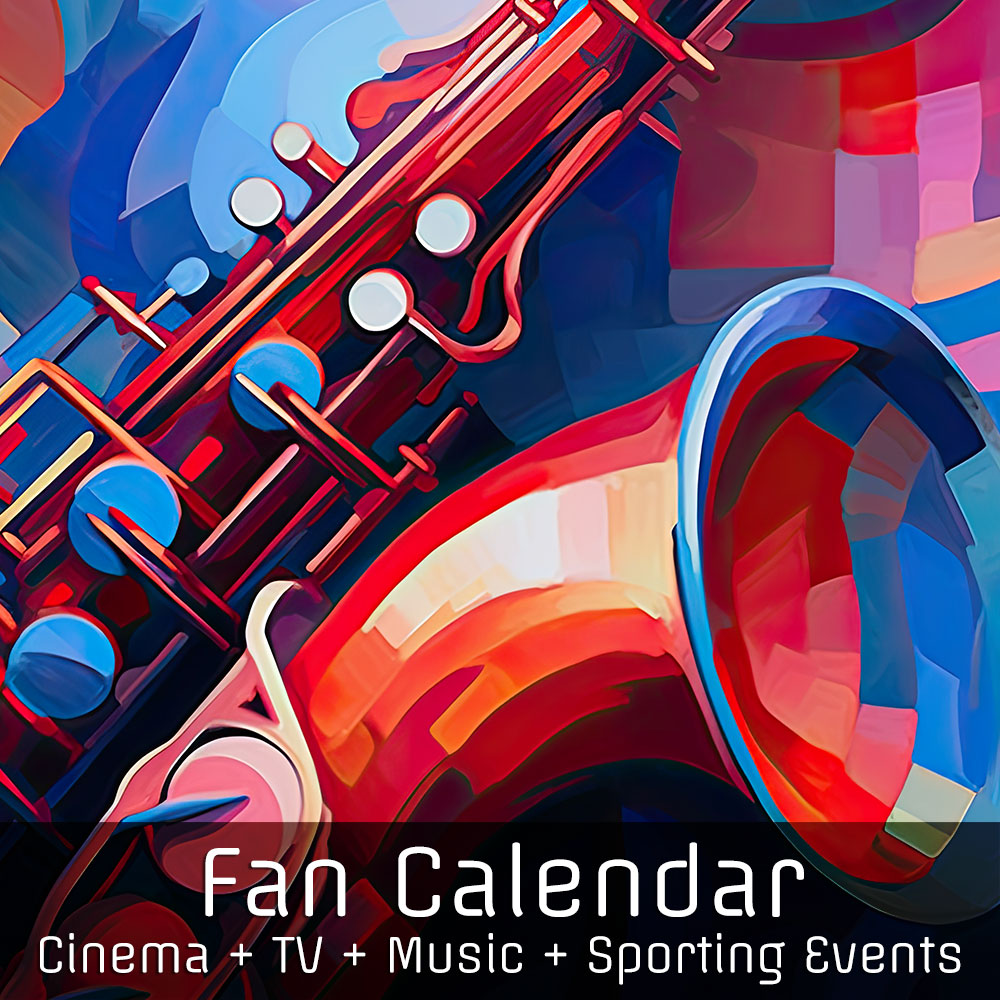

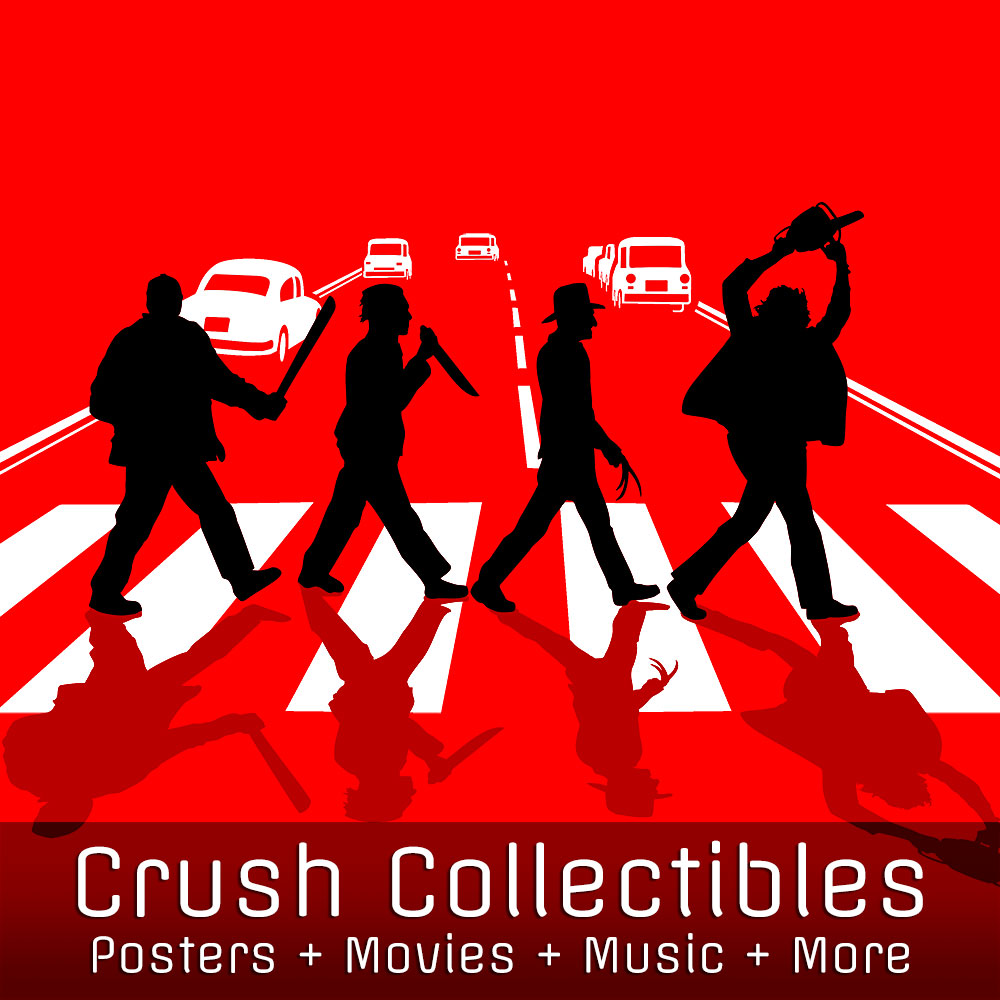



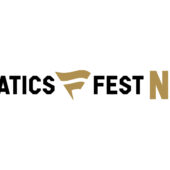
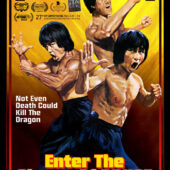
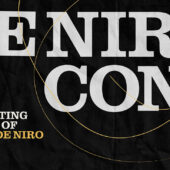

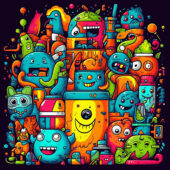
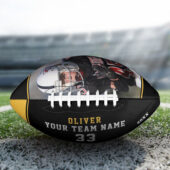
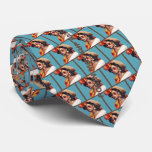
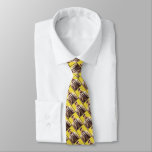
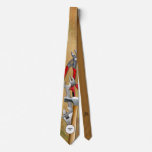
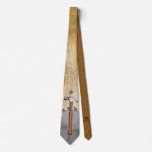

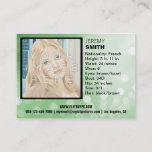
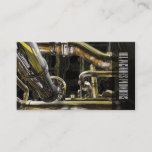

![Japanese Cultural Float at 2012 National Cherry Blossom Parade and Festival Photo [210809-0006]](https://www.filmfetish.com/img/p/2021/08/210809-0006-11x85-web-170x170.jpg)
![Times Square New York City, Forbidden Planet Playing at Globe Theatre, Horn & Hardart Automat Photo [210523-0001]](https://www.filmfetish.com/img/p/2021/08/210523-0001-19x13-web-170x170.jpg)
![Roosevelt Theatre Chicago The Hunter Marquee October 1958 Photo [220110-3]](https://www.filmfetish.com/img/p/2022/10/220110-3-roosevelt-theater-chicago-11x85-web-170x170.jpg)
![Hudson Engine Commodore Vanderbilt Photo 1934 Lucius Beebe [221010-16]](https://www.filmfetish.com/img/p/2022/10/221010-16-train-11x85-web-170x170.jpg)







